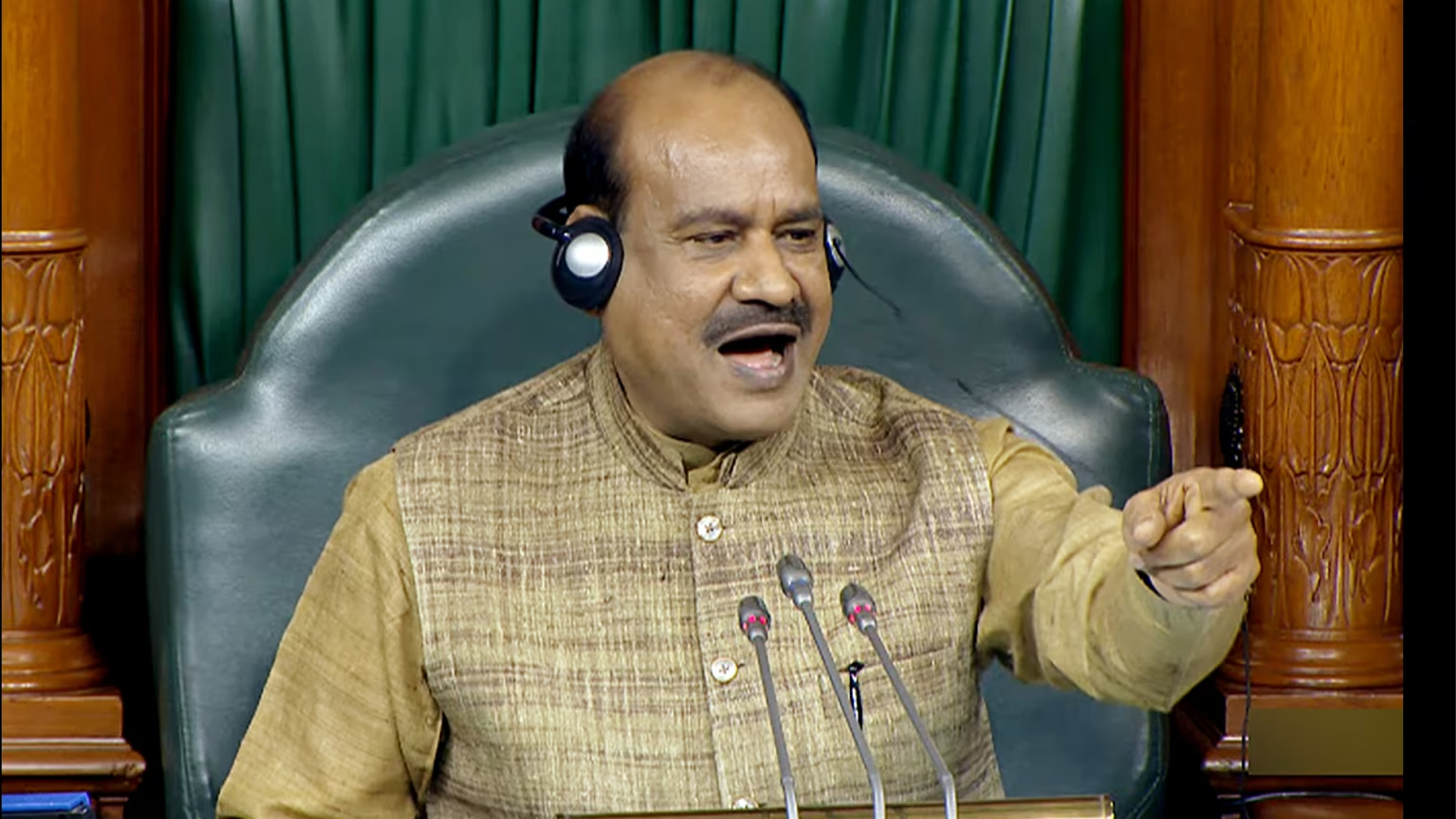Reforms Align India’s Legal Framework with Contemporary Challenges, Strengthen Democracy and Global Diplomatic Engagement
Lok Sabha Speaker, Shri Om Birla, emphasized the robust, inclusive process behind the passage of India's three new criminal laws while addressing 135 diplomats and officials from 83 countries at an event organized by the Institute of Constitutional and Parliamentary Studies (ICPS) in the Parliament premises. Shri Birla explained that these laws were passed following extensive deliberations within the Parliament, the Standing Committee, and through public consultations, reflecting the commitment to transparency and inclusiveness.
During his address, Shri Birla underscored that the new laws are designed to meet the demands of contemporary society, particularly considering the rapid changes in technology and the evolving nature of crimes. “Indian law grants the right to justice for all, even the most marginalized, and our judiciary is deeply trusted by the public,” he noted, adding that this confidence has grown over India’s 75-year journey as a democracy. He urged the diplomats to gain insights into India’s legal framework, parliamentary procedures, and democratic values, which he described as essential to fostering mutual understanding and efficiency in global diplomacy.
Strengthening Democratic Values and Accountability
Shri Birla reflected on how public confidence in India’s legislative process has grown in the past seven decades, attributing this trust to transparency, accountability, and inclusiveness in legislative work. He noted that lawmakers have consistently responded to society's changing needs, enacting laws that uphold rights, promote justice, and encourage economic growth. He highlighted that the gender equality enshrined in these new laws forms a foundational aspect of India’s legal system, inspired by the Constitution and setting an example globally.
India’s Commitment to International Law and Human Rights
Addressing India’s alignment with international standards, Shri Birla said, “India respects international laws and has always championed human rights.” He emphasized that India’s commitment to global frameworks ensures the protection of individual dignity, liberty, and equality. From gender equality and environmental protection to anti-discrimination policies and social welfare initiatives, India’s laws aim to empower and uplift its citizens.
Arbitration: A Heritage of Indian Law
Shri Birla also highlighted India’s historic and robust arbitration framework, a system rooted in ancient traditions that continues to be upheld today. He pointed to arbitration as a testament to India’s commitment to resolving disputes fairly and efficiently.
Former Chief Justice of India Shri U.U. Lalit also spoke at the event, providing additional insights on the progressive aspects of India’s legal system and its alignment with international best practices.











